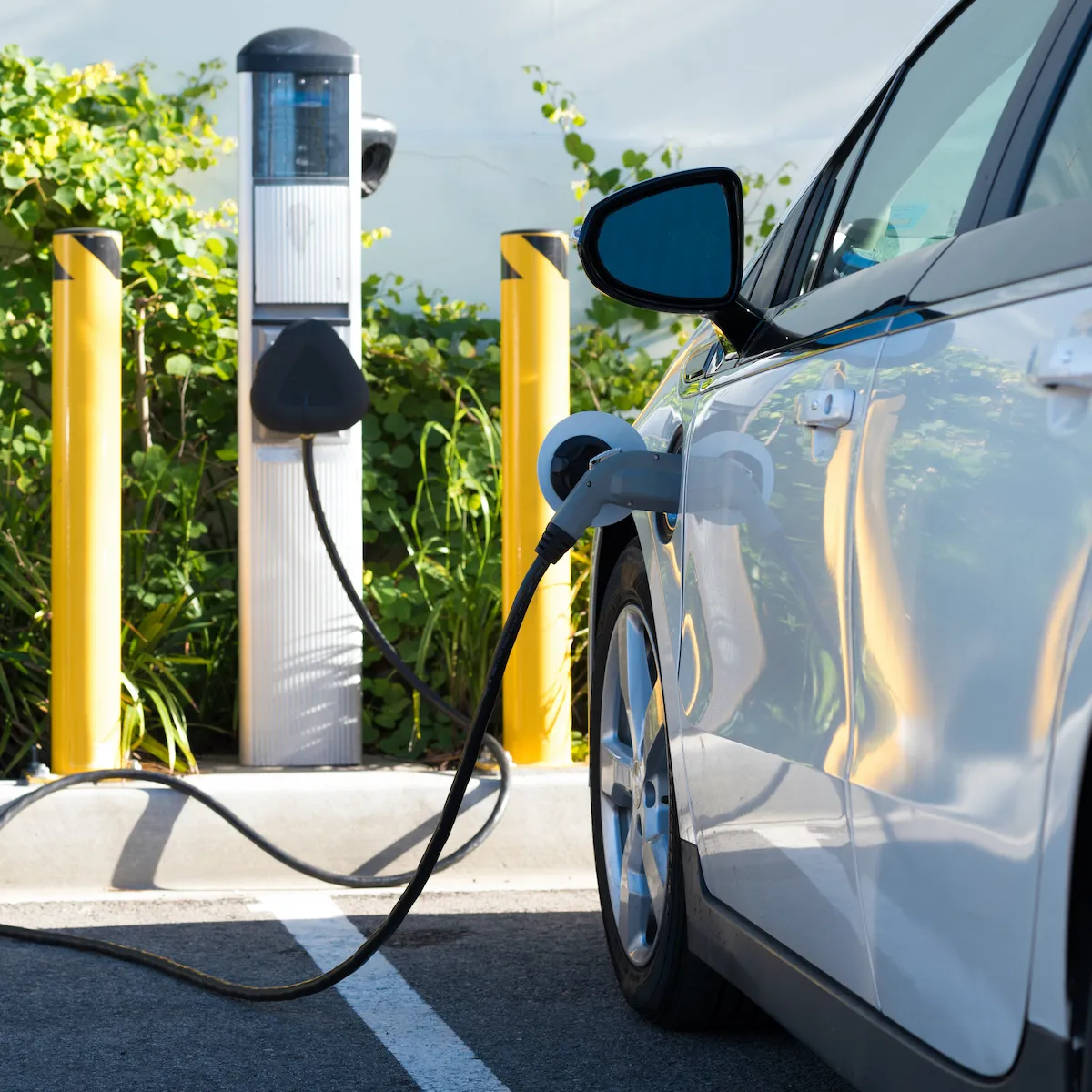EV Tax Credit Variability in 2024
Production Requirements Shape EV Incentive Landscape
According to MotorBiacuit, in the United States potential buyers of electric vehicles (EVs) are grappling with the intricacies of federal tax incentives designed to make these cars more affordable. The EV tax credit for 2024 can provide either $7,500 or $3,750 depending on factors like the vehicle’s price and the buyer’s income level. This year the list of vehicles eligible for the lower $3,750 credit is quite short. One notable inclusion is the Nissan LEAF S which stands out as the most budget-friendly electric car available with a starting price of $29,280 before any incentives are applied.
Eligibility for these tax credits not only hinges on the vehicle’s price but also on stringent production requirements. According to Electrek EVs must meet specific criteria such as having at least 50% of their battery components sourced from the United States or a U.S. free trade partner. This requirement aims to support domestic manufacturing and technological advancement in the EV sector. However these production standards mean that many EV models may not qualify for any federal tax incentives influencing consumer choices and impacting the dynamics of the EV market.
READ ALSO: EU Exits From Energy Treaties: Impact On Climate Action And Fossil Fuel Payouts

$7,500 vs $3,750: 2024 EV Tax Credits Explained: Understanding Eligibility, Income Limits, and Battery Component Requirements! (PHOTO: www.fnh.edu.br)
Navigating Dual Requirements for EV Tax Credits
For prospective EV buyers in the U.S. financial planning goes beyond just the vehicle’s price. Income thresholds are key for those seeking federal tax credits, set at $75,000 for individuals and $112,500 for heads of household in adjusted gross income. Meeting both production standards—like having 50% of battery components sourced domestically—and income limits adds complexity. This dual requirement poses challenges for consumers aiming to take advantage of incentives while moving towards cleaner transportation options.
READ ALSO: $4 Billion Annual Budget Projection: Mixed Reactions To Illinois’ New Department Of Early Childhood

















































